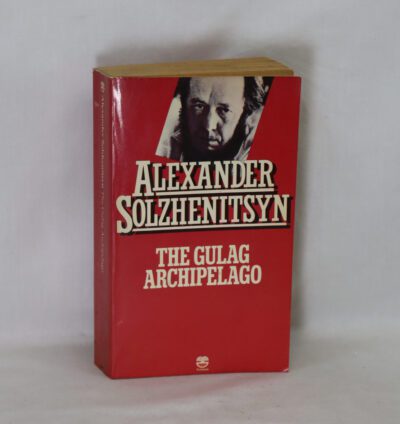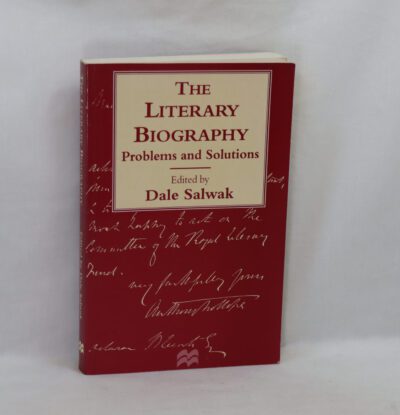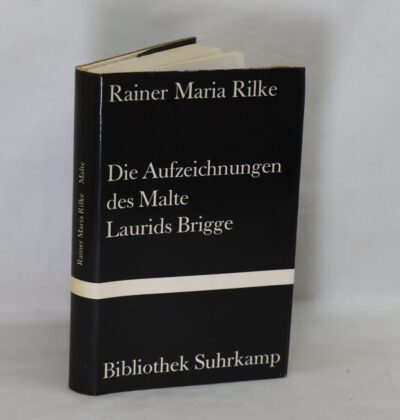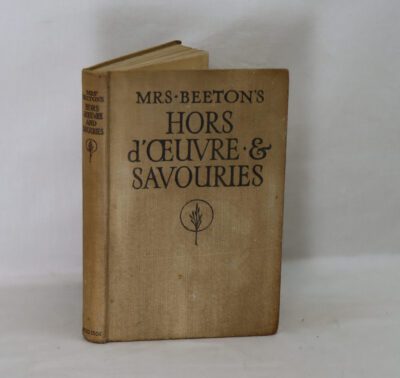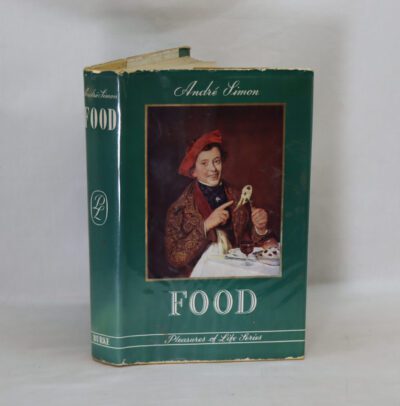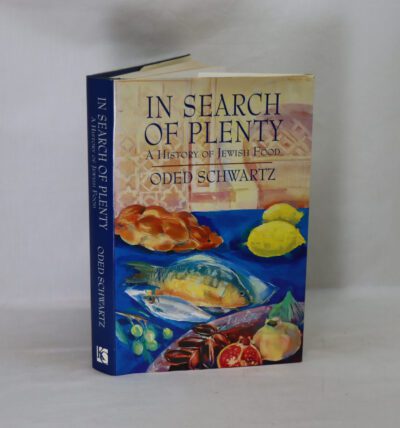Appearance and Reality. A Metaphysical Essay.
By F H Bradley
ISBN: 9781108040242
Printed: 1978
Publisher: The Clarendon Press. Oxford
| Dimensions | 14 × 22 × 4 cm |
|---|---|
| Language |
Language: English
Size (cminches): 14 x 22 x 4
Condition: Good (See explanation of ratings)
Your items
Item information
Description
In the original dust jacket. Black cloth binding with gilt title on the spine.
We provide an in-depth photographic presentation of this item to stimulate your feeling and touch. More traditional book descriptions are immediately available
-
Note: This book carries a £5.00 discount to those that subscribe to the F.B.A. mailing list
A solid hardback: please view photographs. Appearance and Reality (1893; second edition 1897) is a book by the English philosopher Francis Herbert Bradley, in which the author, influenced by Georg Wilhelm Friedrich Hegel, argues that things like qualities and relations, space and time, matter and motion, selves and bodies, and activity and change, are all contradictory and unreal appearances. Bradley goes on to describe the ultimate reality to which these appearances belong; and he calls this reality the Absolute. It is the main statement of Bradley’s metaphysics and is considered his most important book.
Francis Herbert Bradley OM (30 January 1846 – 18 September 1924) was a British idealist philosopher. His most important work was Appearance and Reality (1893). Life: Bradley was born at Clapham, Surrey, England (now part of the Greater London area). He was the child of Charles Bradley, an evangelical preacher, and Emma Linton, Charles’s second wife. A. C. Bradley was his brother. Educated at Cheltenham College and Marlborough College, he read, as a teenager, some of Immanuel Kant’s Critique of Pure Reason. In 1865, he entered the University College, Oxford. In 1870, he was elected to a fellowship at Oxford’s Merton College where he remained until his death in 1924. Bradley is buried in Holywell Cemetery in Oxford. During his life, Bradley was a respected philosopher and was granted honorary degrees many times. He was the first British philosopher to be awarded the Order of Merit. His fellowship at Merton College did not carry any teaching assignments and thus he was free to continue to write. He was famous for his non-pluralistic approach to philosophy. His outlook saw a monistic unity, transcending divisions between logic, metaphysics and ethics. Consistently, his own view combined monism with absolute idealism. Although Bradley did not think of himself as a Hegelian philosopher, his own unique brand of philosophy was inspired by, and contained elements of, Georg Wilhelm Friedrich Hegel’s dialectical method.
Condition notes
Want to know more about this item?

Related products
Share this Page with a friend



